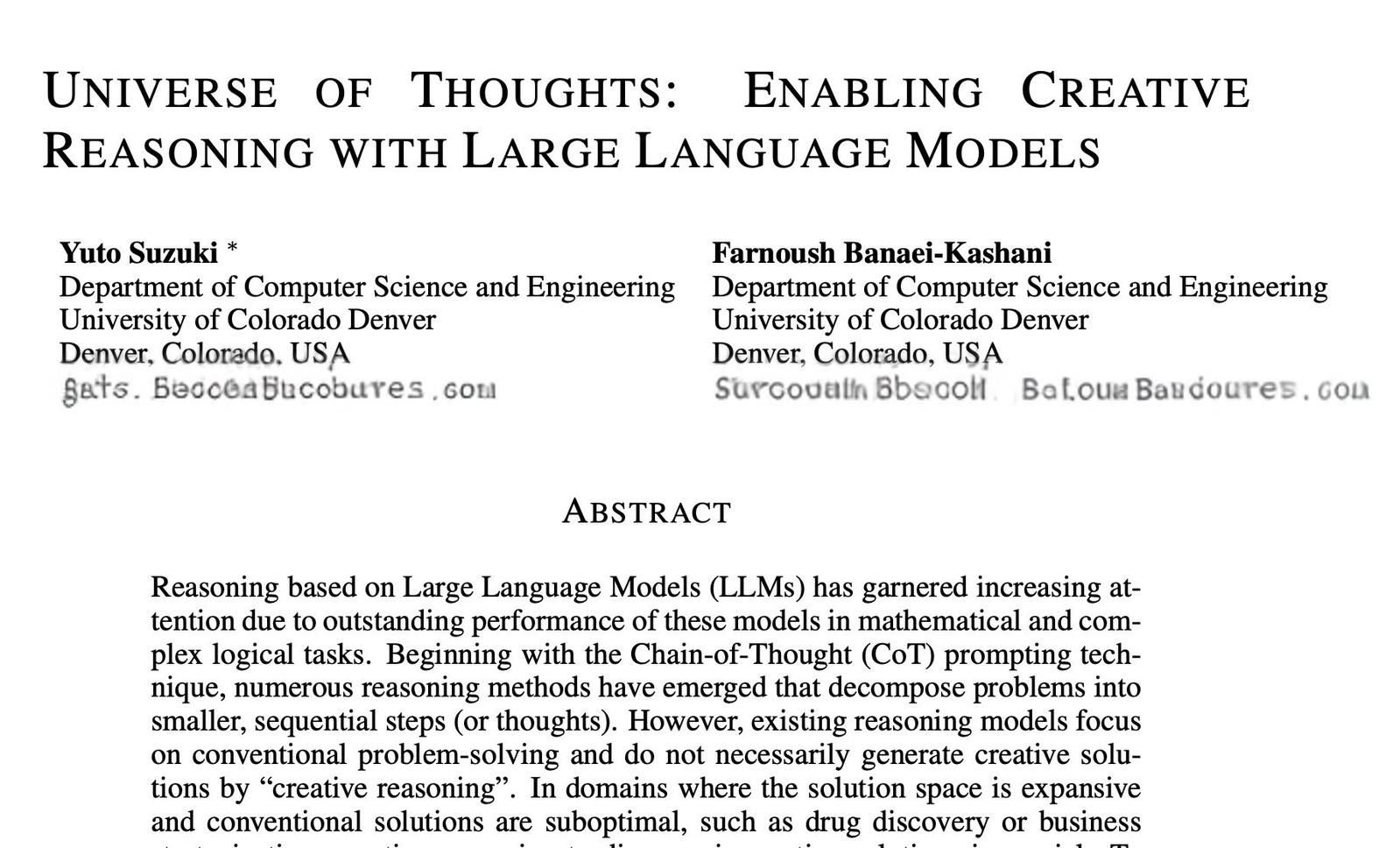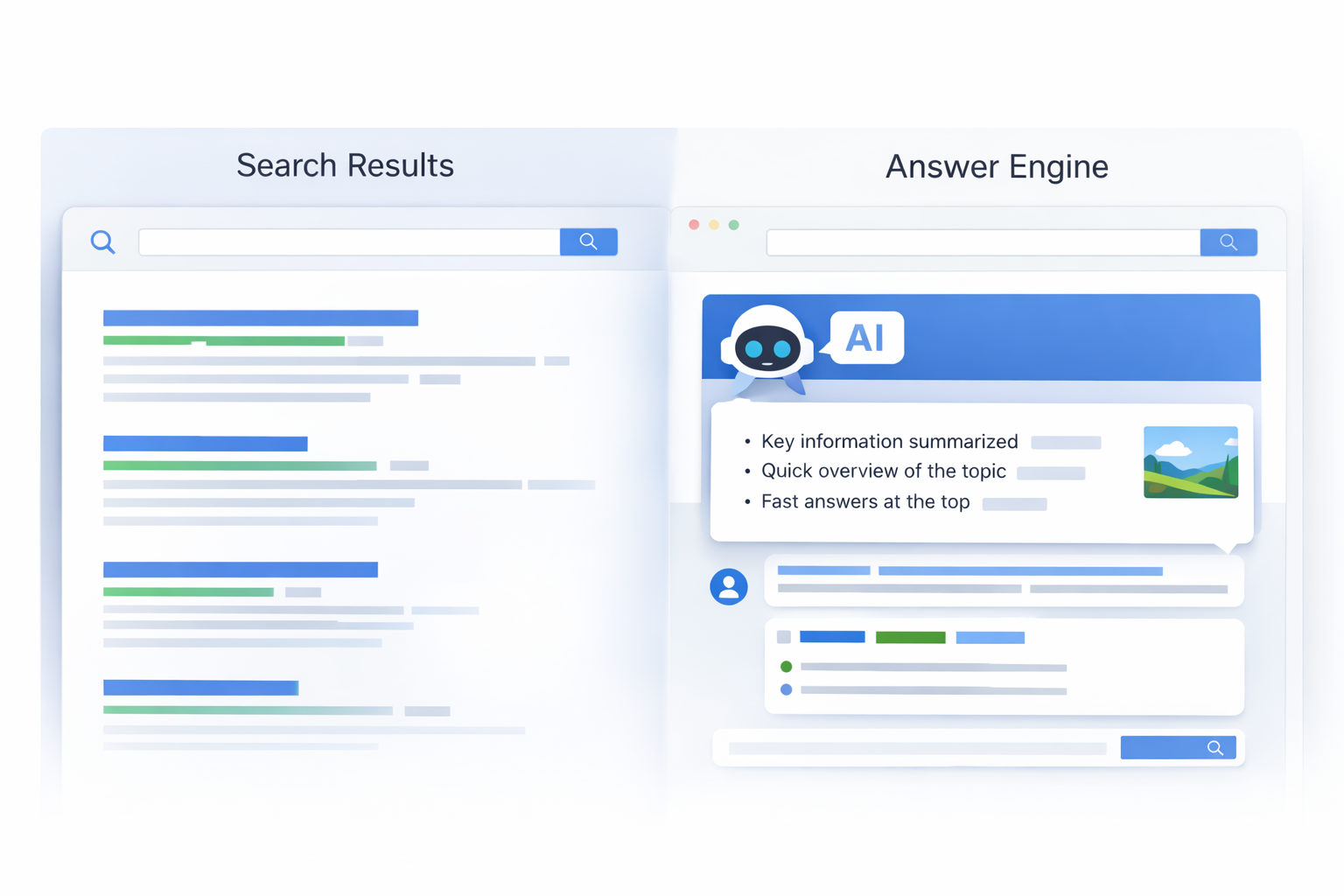The Trump administration’s newly released “AI Action Plan” threatens to withhold federal funding from states with “burdensome” artificial intelligence regulations – a move that could put Colorado’s first-in-the-nation, comprehensive AI law at risk, and which has prompted state lawmakers to reconvene in a rare special session, starting on Thursday, August 21.
Federal plan links AI funding to state regulation
The AI Action Plan was issued on July 23 under Executive Order 14115, formally titled “Executive Order on Maintaining American Leadership in Artificial Intelligence.” The directive explicitly required the creation of a full AI Action Plan within 180 days, instructing federal agencies to draft policies and coordinate efforts to preserve U.S. dominance in artificial intelligence development, deployment, and export.
According to the order, all executive agencies must review existing programs and propose reforms that eliminate “unnecessary regulatory burdens,” especially those imposed by individual states. The plan outlines more than 90 specific policy actions, ranging from workforce training to research incentives and export strategies.
A central provision directs agencies – including the Office of Management and Budget – to consider whether state-level AI laws are too restrictive when evaluating applications for federal support tied to infrastructure, education, R&D, and AI workforce development.
Business Insider reports the administration “proposes limiting federal AI-related funding to states that impose what it deems ‘burdensome’ regulations.”
According to The Verge, the plan “reveals the return of a previously failed AI law moratorium,” with a more subtle mechanism: States with stricter regulations could lose access to federal resources.
Agencies such as the Department of Commerce, Department of Energy, and the Federal Communications Commission are expected to issue more detailed guidance in the coming weeks. One task force will also evaluate state compliance and recommend penalties or exemptions based on a yet-to-be-defined standard of “regulatory overreach.”
As Reuters notes, the plan’s provisions reflect a broader “America First” strategy aimed at ensuring that “state-level interference” does not “undermine national competitiveness.”
Gov. Polis has called a special session to rework the AI Act
In response to the funding threat, Governor Jared Polis is considering whether to call a special legislative session as early as August to revise key provisions of Senate Bill 24-205, also known as the Colorado AI Act.
Passed in 2024 and scheduled to take effect February 1, 2026, the law imposes new requirements on developers and deployers of high-risk AI systems—including risk assessments, appeals processes, and bias mitigation strategies.
According to sources familiar with internal discussions, the special session would aim to prevent Colorado from becoming a test case under the AI Action Plan’s funding conditions. Potential amendments under consideration include narrowing the scope of the law, extending its timeline, or modifying compliance mandates for small companies and startups.
As Denver7 reported, Denver attorney and Reed Smith partner Tyler J. Thompson said, “In my mind, Colorado is by far the most restrictive state as far as AI regulation…. We have the Colorado AI Act, the first comprehensive AI law in the nation…. I think we're the number one candidate…that could get hurt by this, by not getting that funding.”
Was Colorado’s AI Act an impetus for the AI Action Plan?
Colorado’s SB 24-205 is the most comprehensive state-level AI law passed to date. It applies to developers and users of “high-risk” AI systems and includes obligations for documentation, transparency, risk mitigation, and consumer protection. This has brought the AI Act significant attention across the country, both positive and negative.
According to MarketWatch, the federal plan “contains provisions to withhold federal funding from states with strict AI regulations, a move likely to face legal scrutiny.”
Supporters of the law have framed it as a proactive measure to prevent AI-driven discrimination and safeguard individual rights, while critics say it is overly broad and difficult to implement.
Sponsors defend the state’s role
Colorado state representative Brianna Titone (D-Arvada), one of the law’s co-sponsors, has defended Colorado’s authority to regulate AI technologies that impact its residents. She said the last decade has shown the critical role states can play on many policies, creating models for other states, and even for the federal government.
“And if we're not the laboratories of democracy to be able to put safeguards in place for things that are potentially this dangerous, I think that we have a real problem on our hands,” Titone said in an interview with Colorado Public Radio.
Titone and others have pushed back against any federal effort to preempt state laws, arguing that Washington should not interfere with emerging protections tailored to local concerns.
What’s at stake for Colorado
Should the federal government move forward with enforcement, Colorado stands to lose access to millions of dollars in federal AI-related funding. That includes competitive grants for university research, rural broadband expansion, startup incubators, and job retraining programs tied to AI transformation.
Federal definitions of “burdensome” remain unclear, and legal experts say any attempt to withhold funds likely will invite lawsuits from affected states.
What comes next
- Governor Polis has convened a special legislative session, which will start on August 21.
- Legislative staff are working on draft revisions to SB 24-205 aimed at preserving its goals while avoiding federal classification as “burdensome.”
- Federal agencies, including OMB, Commerce, and FCC, will begin issuing guidance on how states will be evaluated under the new plan.
As the federal government ramps up pressure, Colorado finds itself once again at the forefront of a national debate – this time over whether early action on AI regulation will be preserved or punished.
This is an unfolding story that will be updated as new information becomes available.










